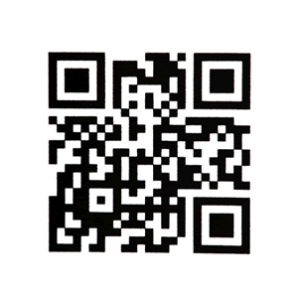Networking is generally challenging except for the most extroverted. For those gifted people, it is easy to strike up a conversation with anyone while others struggle with it. If you are the later type, being prepared will make the job fair experience easier. Unlike a social relationship, job fair networking should be viewed as an intentional and strategic way of job searching – job searching according to a pre-conceived plan.
Thinking of it as a focused way to nurture potentially mutually beneficial professional relationships between you and employer representatives, job fair networking becomes part – a very valuable part – of your transition to a civilian career. And because you never know who you’ll meet that could hold the key that unlocks your future as far as a career, you always have to be prepared. Here are five tips that can help you successfully network at your next job fair:
- Do Your Homework
- Dress the Part
- Prepare Your Elevator Speech
- Hand Out Your Resume
- Follow Up
Do Your Homework
One of the worst questions you can ask at a job fair booth is what someone’s company is about. Before the event, find out which companies are going to be at the job fair by contacting the event organizer. Research the companies that interest you beforehand. Know at least their mission and what they do as a company, so you can talk intelligently with their representative.
Dress the Part
Dress the same as if you were going to a job interview, because in part, every job fair contact you meet could result in a mini-interview. People representing companies are watching you; dress and act the part professionally.
For men at a minimum that means a haircut and trimmed beard/mustache and wearing at least a pressed button-down collared dress shirt, pants and dress shoes. At the best, clean-shaven with a suit and tie. For women, pressed dress pants or an appropriate length skirt with a tailored shirt or blouse. At the best, a business suit.
If you dress the part, it is easier to act the part of a professional looking for a job or career change.
Prepare Your Elevator Speech
If you are not familiar with it, it is a concise 30-second verbal summary about yourself. It should include briefly your education, experiences and skills that would benefit a company looking to hire in your career field. Expect more on writing an elevator speech in a future article.
Hand Out Your Resume/Business Card
When interviewing for a specific job, it is best to have a targeted resume written just for that job posting, but in the case of job fairs, a general resume works best (because you are not applying for a specific job). It should be a concise compilation of your education, training and job experience written in civilian terms. Leave out the military jargon.

Follow Up
End each conversation by asking for their contact information. Usually they will offer you one of their business cards. On the back briefly write what was discussed. Once home, send a quick email to each contact thanking them for their time and asking any questions you thought of after leaving the job fair.
Because many jobs are never publically listed, networking at job fairs can be an inside track to unlisted jobs. Showing you are professional and prepared can result anywhere from an interest in knowing more about you to an outright interview offer. You never know where or when the perfect job will come along. Be ready for it through networking!




